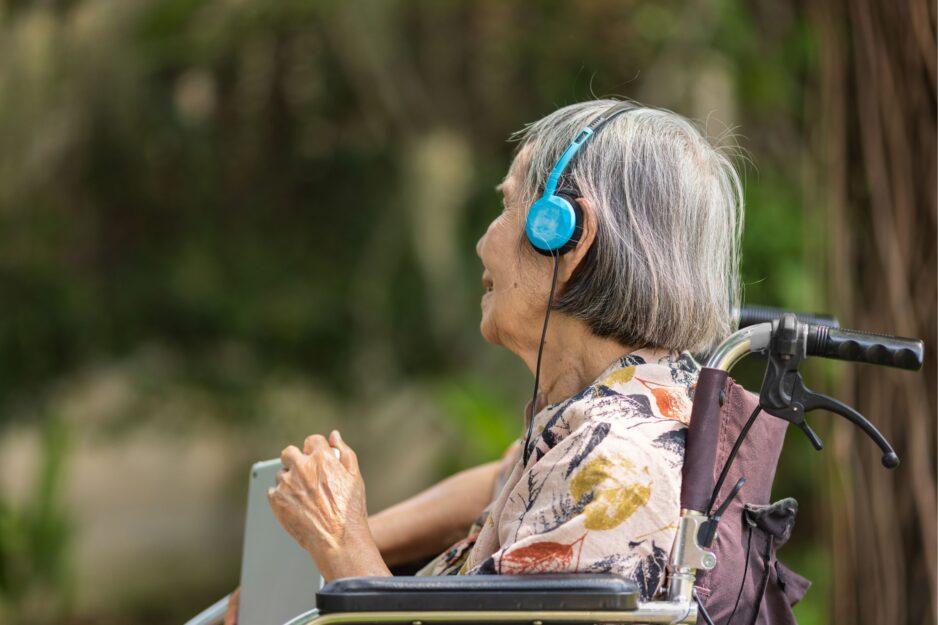Music is more than just entertainment—it’s a powerful tool that can enhance cognitive function, emotional well-being, and overall quality of life. For seniors, particularly those in dementia care facilities and Alzheimer’s assisted living, music therapy has been shown to improve mood, reduce agitation, and even help with memory recall. As more families seek “memory care near me”, understanding the role of music in senior care becomes increasingly important.
The Science Behind Music and Brain Health
Research has shown that listening to and engaging with music activates multiple areas of the brain, forming new neural connections that strengthen memory and cognition. This is particularly beneficial for individuals with Alzheimer’s or dementia, as music can serve as a gateway to long-lost memories. Many memory care facilities New Jersey integrate music therapy into their programs because of its profound impact on residents’ well-being.
For seniors in dementia care facilities near me, music therapy helps by:
- Stimulating cognitive function – Songs linked to past experiences can trigger memory recall, even in later stages of dementia.
- Reducing anxiety and agitation – Soothing melodies help to calm individuals, making daily care routines easier.
- Encouraging social interaction – Group singing or dancing fosters a sense of community among residents in dementia care programs.
How Music Benefits Seniors in Dementia and Alzheimer’s Care
1. Emotional and Mental Well-Being
Music has the ability to uplift spirits and provide a sense of comfort. In Alzheimer’s care, familiar songs can reduce stress and agitation, helping residents feel more relaxed. Many caregivers in assisted living for dementia patients use music as a tool to create a peaceful atmosphere.
2. Memory Activation
Unlike speech and other types of memory, music is processed in different areas of the brain. This explains why individuals in dementia care facilities may struggle with conversation but can still sing along to a familiar tune. Facilities specializing in memory care facilities New Jersey often incorporate personalized playlists to help residents reconnect with cherished moments from their past.
3. Physical and Social Engagement
Music encourages movement, whether through dancing, clapping, or gentle exercises. Many memory care facilities organize music-based activities to keep residents engaged and active. These experiences promote physical health while also fostering a sense of belonging in dementia care communities.
Using Music Therapy in Dementia Assisted Living
For families looking for the best dementia assisted living nearby, it’s essential to find a facility that incorporates music therapy into daily routines. Whether through live performances, music-based activities, or personalized playlists, dementia care facilities that prioritize music often provide a higher quality of life for residents.
Here are some ways caregivers and families can use music to support seniors:
- Create personalized playlists – Songs tied to happy memories can help seniors feel connected to their past.
- Encourage group music sessions – Singing together promotes social interaction in Alzheimer’s care programs.
- Use calming music for relaxation – Soft instrumental music can ease anxiety and help with sleep.
Conclusion
Music is a simple yet powerful tool that plays a crucial role in dementia assisted living. Whether in memory care facilities near you or at home, incorporating music into daily life can help seniors maintain a sense of identity, reduce stress, and improve overall well-being. For families seeking memory care facilities in New Jersey, finding a program that values music therapy can make a significant difference in their loved one’s quality of life.

